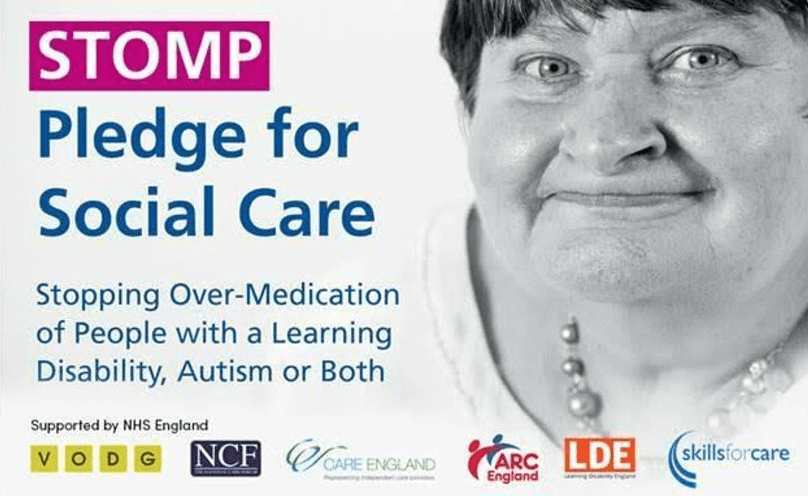Diagnostic overshadowing
When changes in someone’s behaviour are attributed to the person having a learning disability or autism, rather than to them potentially being unwell or in pain, it can mean health problems go unaddressed. It is a particular risk for people who do not communicate with words and for people who display distressed behaviour that may be managed with psychotropic medication.
The Royal College of Nursing state…
“Gates and Barr (2009) have noted that diagnostic overshadowing is particularly pertinent when new behaviours develop or existing ones increase. People with learning disabilities have a much higher risk of experiencing a variety of diseases or conditions, and it is vital that physiological or pathological determinants in behaviour change are explored. If they are not, people with learning disabilities can suffer poor care and avoidable deaths may even occur.”
It is clear that diagnostic overshadowing has significant negative health implications for people with learning disabilities and autistic people; particularly those who don’t use words to communicate and whose distress may be being communicated through behaviours of distress.









